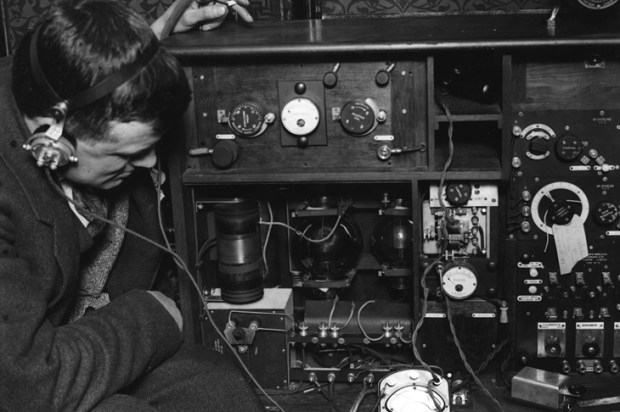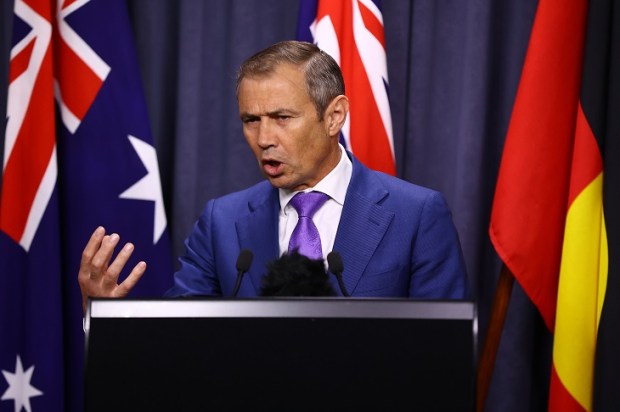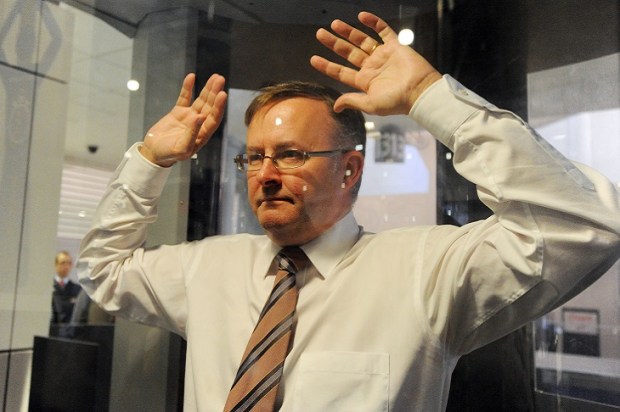Of course, it is a new month since the outpouring of respect, on ANZAC Day, in memory of the fallen and of others who served in the cause of their country.
Notwithstanding the rhetoric, all is soon forgotten.
On the day, it was beyond moving to see people at 4:30am, as crowds gathered from George Street, past the Cenotaph, and up to Castlereagh Street.
Around the country, they were described as ‘bumper crowds’ to honour those who fought and died in brazen conflict.
There is no doubt that the thoughts about our veterans were sincere, particular note being given to the Vietnam veterans, because this year marks the 50th anniversary of the end of that conflict.
However, without meaning any disrespect, ANZAC Day tends to be a day of platitudes.
It was not platitudinous for the NSW RSL President Ray James, himself a Vietnam veteran, to express the hope that when our men and women come home from the theatres of war, they are treated better than were our Vietnam veterans.
Yet, as we know, in the wake of one conflict, some of our bravest men are now to be charged, following the Brereton Report, based on the usual ABC story attacking those who were sent into the unforgiving battlefields of Afghanistan.
One wonders whether those seeking now to prosecute returned soldiers would, themselves, have ever volunteered to carry a gun; would they ever have faced a bullet in conflict?
That can be asked of our so-called military leaders in starched shirts and epaulets who seek to escape the scrutiny that is now applied to some of our bravest returned soldiers.
If there was, even in war, criminal behaviour, which is, of course, miles removed from rumour and hearsay, then I have regularly cited the Yamashita Standard.
General Yamashita was hanged on February 23, 1946, for crimes committed by his Japanese forces, in defence of the Philippines.
Yamashita was not personally accused of committing any crime; but he was court-martialled and hanged for ‘failing in his duty as Commander of the Japanese Forces’.
The US Supreme Court upheld the decision that he be put to death because: ‘A commander can be held accountable for crimes committed by his troops, even if he did not order them, did not know about them, or did not have the means to stop them.’
It is called the Yamashita Standard.
It has been adopted by the Geneva Convention.
We are a signatory to the Geneva Convention.
The Yamashita Standard is that:
‘The highest-ranking officer is accountable for, and should be prosecuted and convicted, of the crimes of every officer and soldier under his command, even if he or she is unaware of that crime or was aware and actually gave orders to stop it. Ignorance of the actions of his or her subordinates, and failed attempts to stop them, are not a defence.’
We are now charging men who served in Afghanistan.
Who were the Commanding Officers on duty when these men were in action?
I will tell you who they were.
They are currently the big brass, the blazer brigade, starched shirts, epaulets – they were the Commanders in Afghanistan.
Why aren’t they prosecuted, or do we wantonly ignore the Geneva Convention?
Our men and women in the theatres of war, in formidable environments, were, we are told on ANZAC Day, fighting for freedom.
I wonder what they would think today when freedom of speech and freedom of choice, two critical freedoms, are denied to us.
Think of the freedoms stolen from us by government during Coronavirus.
You weren’t free to even leave your country and you certainly weren’t free to return home.
You weren’t free to conduct your business.
Children weren’t free to go to school.
And what about freedom of choice?
People who chose not to be vaccinated and, of course, there is now growing evidence that the scepticism about these vaccines has validity – many people who exercised their freedom not to be vaccinated are still without a job.
I could cite many examples.
What, then, did our men die for?
I spent ANZAC Day in a far less glamorous spot than metropolitan Australia.
I was on the Western Darling Downs at the place where I was born and went to school, Acland.
It used to be a thriving agricultural district.
I am all for mining, but not when it totally prejudices the opportunity of good farmers to continue on good agricultural land.
Now, from a Census point of view, Acland doesn’t exist.
There were 74 homes bought and removed them from Acland, so that only one man is left standing, the remarkable and resilient Glen Beutel.
At one stage, the mining company wanted to remove the obelisk, which is the memorial in Tom Doherty Park.

The farmers and the few who are left, won that battle.
Indeed, they have won many battles; but, of course, the big mining outfit believes that money will win the day.
Every victory was challenged; every victory overturned.
But, as we know, in courts, you get decisions, you don’t always get justice.
It was, by any reckoning, a beautiful service, splendidly and movingly organised by the local Plant family.
Yes, we sang, ironically, Abide With Me, ‘The darkness deepens, lord, with me, abide/when other helpers fail and comforts flee/help of the helpless, oh, abide with me.’
The farmers could identify with the lyrics – darkness deepens and comforts flee.
So say the farmers who seek to hang on.
Needless to say, the mining interests were nowhere to be seen.
The Australian flag which was used this year had previously draped the coffin of Horatio John Coleman, from the Light Horse Brigade, originally from Goombungee, another little farming community not far from Acland.
It was lent, for the day, by Desley Spies, Mr Coleman’s daughter.
The gathered crowd, amidst wind and occasional sunlight and the glorious whistling of the birds, were told that the flag represented all of those coffins which had been draped with it.
There were moving musical tributes by the children from the Kulpi School, up the road, a school of no more than 20.
Children of forgotten farmers.
I visited my old school.

The school is fenced off.
Why? I don’t know.
The pepperina tree to which I tied my horse, after riding four miles to the school, is now gone.
Relics of the past remain, which fill any knowing former resident with deep feelings of abandonment and bewilderment.
Here is one.

A former home of someone.
Modest would, perhaps, be overstating the case, but it was once a home.
The nation cries out for housing, but at little Acland, there are over 170 housing blocks which developers would willingly use to provide housing stock, but, no, the mining interests want the lot.
They care nothing about social need.
But, on this ANZAC Day, the abiding and enduring impression was one of spirit.
People from all around the district came.
People like me, who once belonged, but are geographically removed.
And nothing captures that spirit of resilience, bordering on defiance, than that offered by the last man standing, the wonderful and indefatigable Glen Beutel, whom the miners can’t buy or remove.
Glen brilliantly marries the past with the seemingly doomed present.
We had morning tea.
No one does morning tea better than the country women; and Glen actually boils the billy.
Nothing better than billy tea and a homemade scone.
While the mines have closed off one of the access roads to Acland, we can still navigate our way along the dusty routes, past abandoned farmers.
The ultimate ANZAC Day message is, of course, one of service and sacrifice.
Those who gathered at Acland are mindful of the service given by our forebears in war and in peace.
We are who we are because of what they sacrificed, what they achieved, and what they gave.
And that is why the annual pilgrimage means so much to so many.

There are certain things in life more important than profit.
One of them is respecting history and heritage.
Acland offers both.
You can watch Alan Jones LIVE and free over on ADH TV.
Got something to add? Join the discussion and comment below.
Get 10 issues for just $10
Subscribe to The Spectator Australia today for the next 10 magazine issues, plus full online access, for just $10.


























Comments
Don't miss out
Join the conversation with other Spectator Australia readers. Subscribe to leave a comment.
SUBSCRIBEAlready a subscriber? Log in